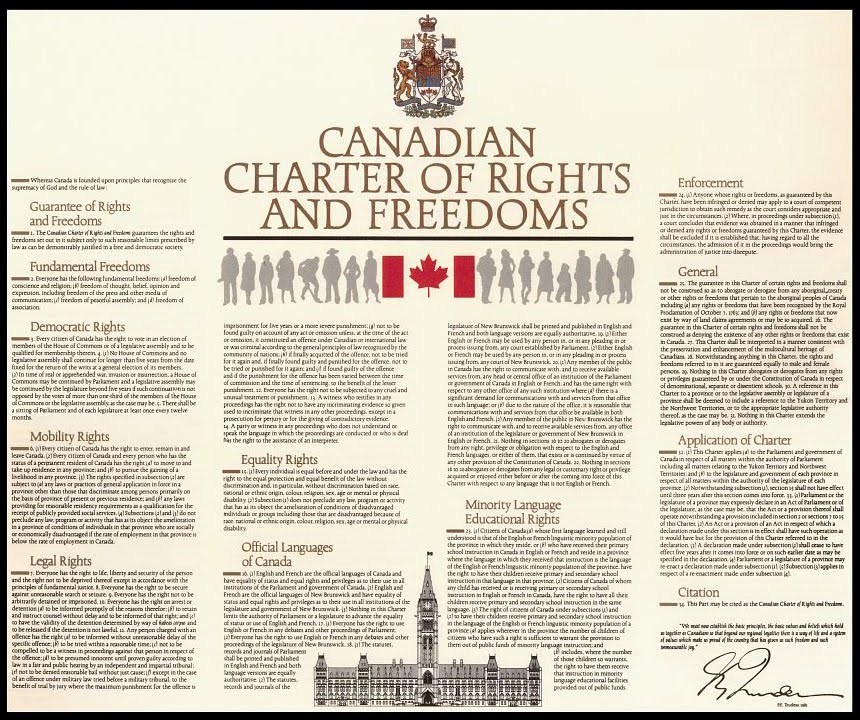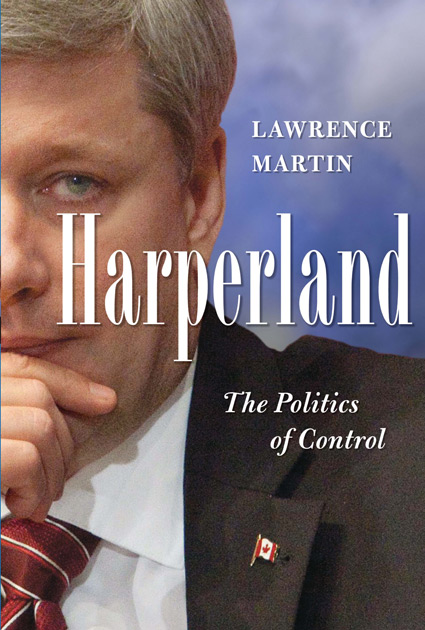EthicalOil.org’s campaign against Saudi Arabian oil with a message that is very simple: Muslims bad, Alberta good. This ad began appearing last week.
Frye in “The Present Condition of the World” (1943) observes that North America is “a happy-hunting-ground of all forms of advertisement, propaganda, and suggestions. Advertising and ‘publicity’ are based on the fact that sense experience is involuntary and on the assumption that the mind does not possess enough selective power to resist a large number of repeated impressions.” (CW 10, 212)
As an illustration of the continuing relevance of this principle, Stephen Harper has taken to referring to Alberta’s tar sands as “ethical oil,” which also happens to be the title of a book by Ezra Levant, as well as the name of the oil advocacy group responsible for the television ad above.
Ezra Levant is a well-known right-wing activist with a connection to Harper dating back twenty years. Levant has been the subject of a number of lawsuits for libel. Most recently, he repeated in a column in the Toronto Sun a long-disproven slur against Holocaust survivor and wealthy liberal advocate George Soros. Sun Media was made to retract and apologize when confronted with the possibility of yet another Levant-centred libel suit. Levant is, moreover, a protege of Koch Industries, an oil production conglomerate which, among many other things, bankrolls global warming denialism.
His book, Ethical Oil, is morally idiotic. In it he makes the argument that the tar sands produce “ethical” oil because it comes from a nice place like Alberta, rather than from a nasty and unethical place like Saudi Arabia. The promotion of the idea of ethical oil is demagoguery that trades on resentment and ignorance while conveniently leaving out every other consideration, including a noxiously hypocritical self-interest, as well as the fact that, whatever else happens, we’re still going to be doing business with the dirty Arabs the ad above demonizes. Even so, the term has been adopted by Stephen Harper personally, and at just the time that the Keystone XL pipeline is awaiting American approval.
You can read David Suzuki’s review of Levant’s book here. A sample:
If this is the most “ethical” source of oil we can find, we need to ask other questions about the moral purity of our intensively processed bitumen. For example, if we sell the oil to countries with poor human-rights records, like China, does that affect the product’s “ethical” nature? And how “ethical” are the companies operating in the oilsands: for example, Exxon Mobil, well-known sponsor of climate-change disinformation campaigns; BP, responsible for last year’s massive oily disaster in the Gulf of Mexico, or PetroChina? There’s also the effect of greenhouse gas emissions on our children and grandchildren, which to me is an intergenerational crime.
It is distressing to see this dangerous notion being intravenously introduced into the public discourse by what seems to be a carefully-timed, co-ordinated effort. That Harper would use his office to shill so openly for it makes it that much more alarming.


